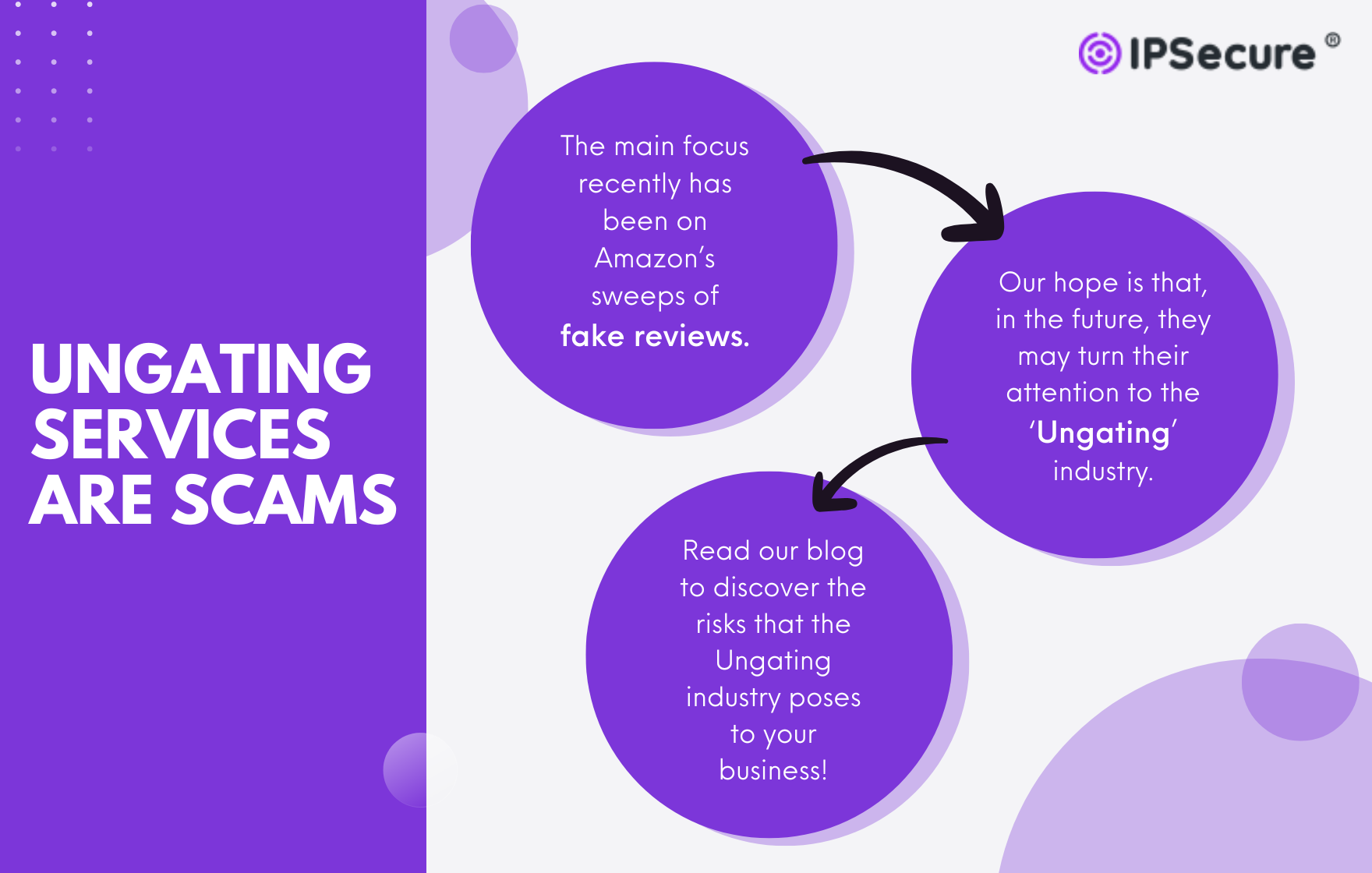3 min read

In late October, a group of 595 Amazon resellers, led by Ecom Authority, and represented by Miami-based NT Legal, filed a lawsuit against Amazon in the U.S. District Court for the Southern District of Florida. (You can read the complaint by following this link: Ecom Authority LLV v. Amazon.com Services LLC.)
The suit alleges unlawful business practices by Amazon, notably that their process is arbitrary for reviewing and actioning seller violations, suspending seller accounts, and freezing the inventory of those sellers.
NT Legal claims that Amazon’s conduct caused substantial financial damages of $30 million to the sellers, many of whom are small “mom and pop” operations.
"Amazon's conduct is not only heavy-handed but also entirely opaque, cloaked in vague allegations of fraud and misconduct, none of which Amazon can substantiate with credible evidence," the complaint alleged. "Instead, Amazon has wielded its platform dominance to freeze Ecom Authority's clients' funds, dispose of their inventory, and dismantle their livelihoods, all while denying any meaningful recourse."
Like similar lawsuits, the premise is that Amazon is ‘overcorrecting’ their policy and intellectual property (IP) enforcement actions as a result of trying to be compliant with the INFORM Consumers Act which was passed in June 2023 and went into effect in July 2023. (Read the FTC’s guidance in the INFORM Consumers Act here: INFORM Act.)
While the merits of this lawsuit are yet to be determined, it highlights the challenge Amazon has in balancing the needs and demands of big brands and government agencies against the fuel of their business and revenue growth: resellers.
 Source: https://www.marketplacepulse.com/stats#amazon
Source: https://www.marketplacepulse.com/stats#amazon
Amazon’s consumer marketplace is their biggest business, generating about $231 billion in 2023. However, Amazon’s 3P Seller Services business, while smaller at $139B in FY23, has a much higher growth rate as you can see from the chart.
As pressure increases for Amazon to stop the actions of bad actors, Amazon has had to act decisively. Policy and violation enforcement ramps up and its tolerance levels for infractions dissolves.
No complaints about Amazon carrying out more enforcement actions from brands and legitimate sellers fighting unauthorized sellers who are offering counterfeit goods. But what if unscrupulous resellers see increasing enforcement on Amazon’s part as an opportunity to take down a competitor by filing false reports of IP violations?
Fraudulent IP and ToS violations are a huge problem for Amazon, and part of why calibrating their response can be tricky. As recently as last year Amazon took action, clearly reacting to the increasing problem of Brand Registry abuse by unscrupulous resellers filing fraudulent violations against competing sellers.
The volume, size, and sophistication of the bad actors is astonishing, running to the thousands. Amazon cites examples of sellers using fake copyright certificates, forged Letters of Authorization from brands, and even fraudulent trademark applications to gain entry to Amazon’s Brand Registry system and submit bogus violations against their competitors.
This is a separate issue than the Ecom Authority lawsuit and does not mean that Ecom Authority and the 500+ other sellers weren’t harmed; the courts will decide that issue. However, these legal actions highlight the need for more transparency and even-handed enforcement of Amazon’s policies and underscore the high-wire balancing act that swings the Amazon enforcement pendulum back and forth.


